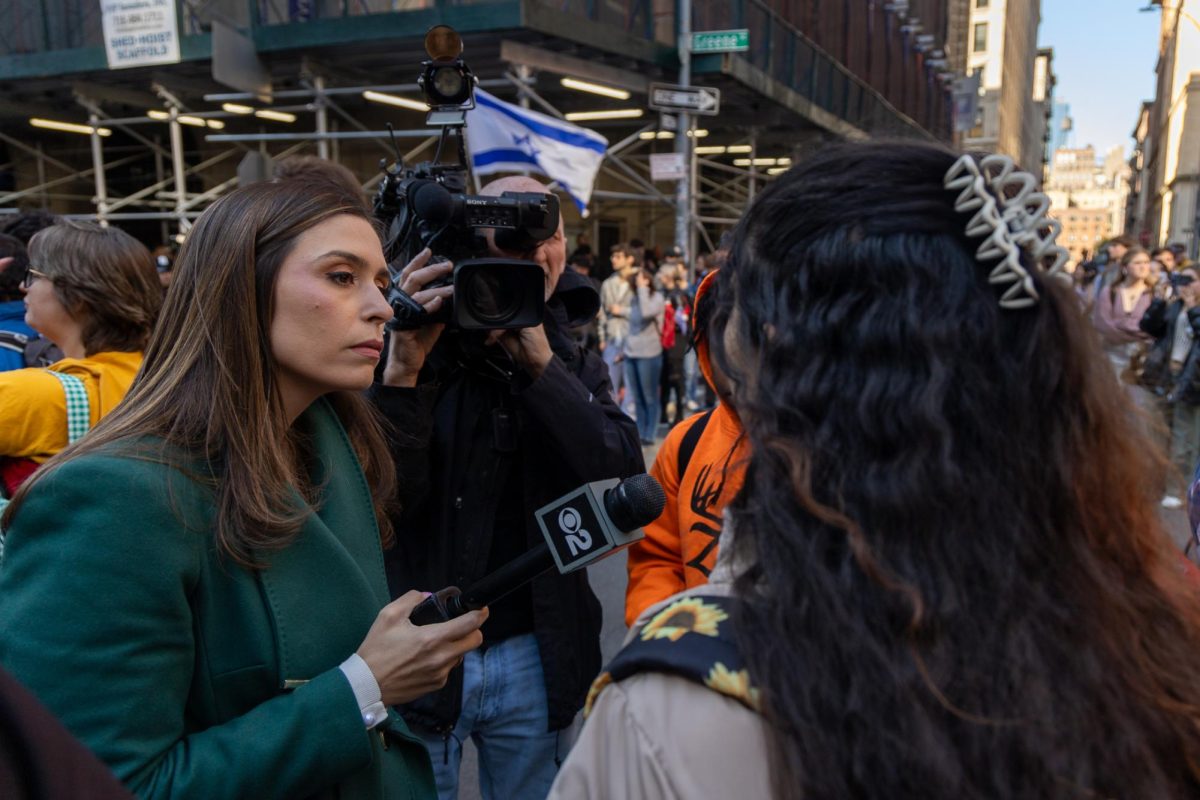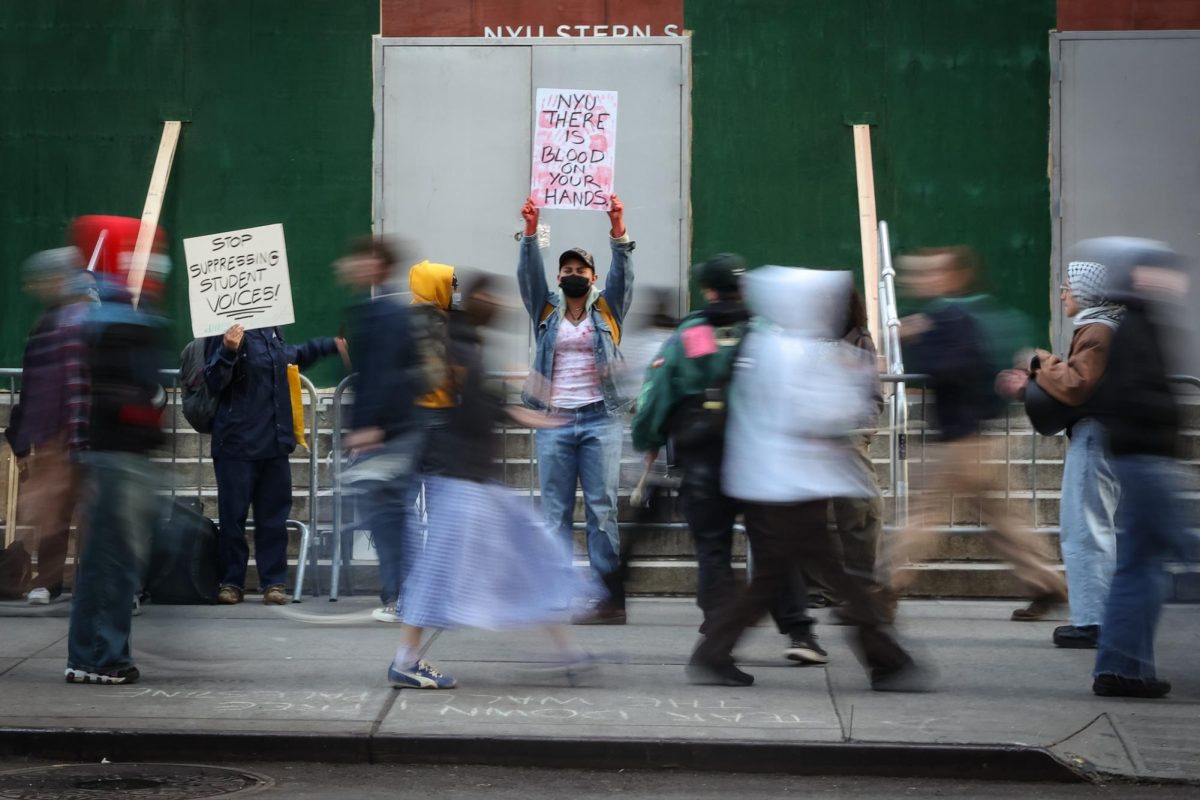Women of color ‘Straight Outta Compton’ film
October 22, 2015
“You are now about to witness the strength of street knowledge,” begins the opening lyric of “Straight Outta Compton.” Eazy-E, whose character is based on the real person, sprints out of a drug house, running for survival as the police chase him. Although this action packed scene is filled with dramatic parkour, guns and tanks, it possesses a sense of authenticity that reflects Niggaz Wit Attitudes’ lyrics regarding police brutality and racism.
“Straight Outta Compton,” titled after N.W.A.’s 1988 debut album, is a film that depicts the story of five young African-American men, Eazy-E, Ice Cube, Dr. Dre, MC Ren and DJ Yella, from Compton, California. The movie illustrates how N.W.A. was formed and set a precedent in the music industry by writing brutally honest lyrics that critiqued government, racism and police brutality. The film also reveals how N.W.A.’s rise to fame did nothing to insulate them from interpersonal and systemic racism.
The beating of Rodney King mirrors the currently dismal race relations between police officers and black youth, evoking emotions similar to those present after the deaths of Michael Brown and Eric Garner. Throughout the film, the members of N.W.A. constantly undergo random police checks and racial profiling. While the group is returning from a lunch break, the police force them to the ground outside their recording studio. Through these scenes, police harassment becomes as central to the film as it was to the members of N.W.A.
Many scenes like this are reflections of African-Americans’ daily experiences. However, the critically-acclaimed movie fails to account for women of color: there are no dynamic female characters. The few who speak are reduced to one or two lines, and labeled as either “baby mama” or “groupie.” When N.W.A. is in a hotel room after a performance, they kick out a naked woman, yelling “Bye Felicia!” This usually light-hearted colloquialism adds to the degrading and humiliating tone.
The film also completely ignores Dr. Dre’s history of domestic abuse in which he reportedly slammed TV host, Dee Barnes, against a nightclub wall in 1991. R. Gary Gray, the director of the film, responded to criticisms about female objectification in New York Magazine: “If you’re looking to be politically correct in entertainment, especially as it relates to comedy that’s the end of entertainment.” Later in the interview, he implies that sexism doesn’t matter because the film is already raising awareness about racism and police brutality, insinuating that it is acceptable to denounce women of color and domestic abuse to the larger artistic view.
“Straight Outta Compton” is still a stunning reenactment of N.W.A.’s story and race relations. The film not only shows how N.W.A. gave a voice to the black community, but also creates discussion and awareness for what was happening then and now to black people in America. However, the film only champions black men, leaving their female counterparts in the dust. The lack of respect for women raises more questions than answers about the acceptability of objectifying and minimizing the role of women in our country. “Straight Outta Compton” is not out of the woods of a patriarchy society just yet.
A version of this article appeared in the Thursday Oct. 22 print edition. Email Aliya at [email protected].











































































































































